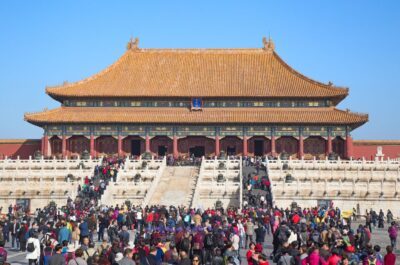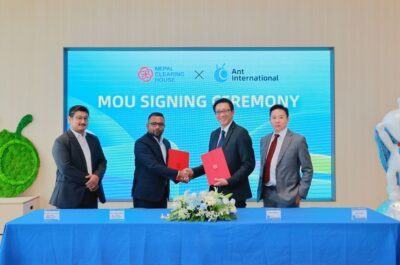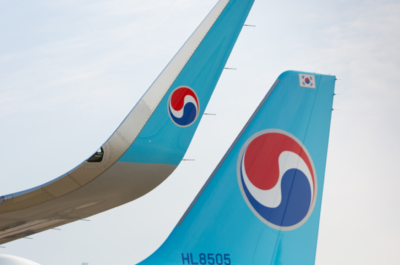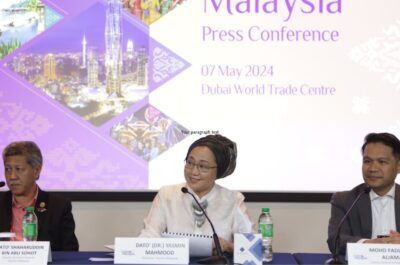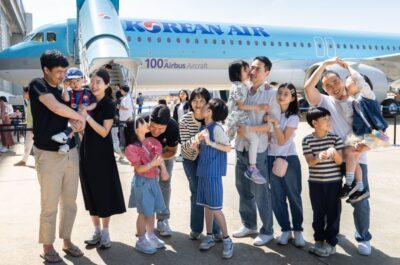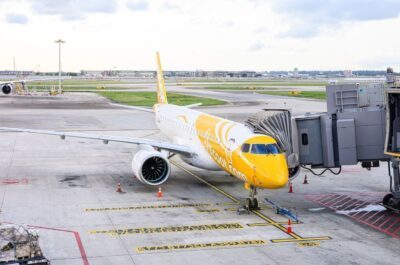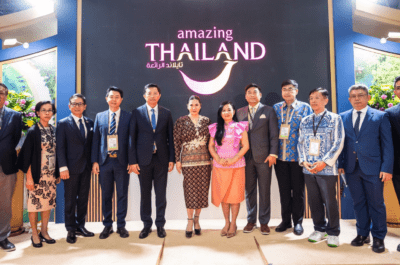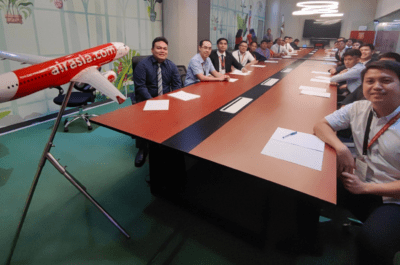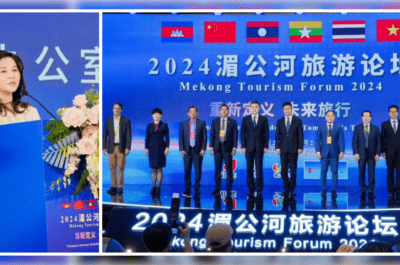…
 The United Nations Conference on Trade and Development (UNCTAD) has launched an e-Tourism Initiative designed to boost travel and tourism in developing countries. The initiative seeks to put more power into the hands of small- and medium-sized enterprises (SMEs) and help destinations become autonomous in their search for business. It is designed to rebalance the international tourism system.
The United Nations Conference on Trade and Development (UNCTAD) has launched an e-Tourism Initiative designed to boost travel and tourism in developing countries. The initiative seeks to put more power into the hands of small- and medium-sized enterprises (SMEs) and help destinations become autonomous in their search for business. It is designed to rebalance the international tourism system.
The initiative was discussed at the 11th UNCTAD quadrennial summit in Sao Paulo, Brazil, June 14-18, 2004. It has potentially significant implications for the PATA region, especially for national tourism organisations (NTOs) looking to improve their use of information and communications technologies (ICT) to establish direct access with the consumer, boost exposure for tourism SMEs, increase yield and curb the outflow of foreign exchange.
Understanding UNCTAD
The United Nations created UNCTAD in 1964 to help integrate developing countries into the world economy. UNCTAD helps developing countries participate in the global trading system and adapt to economic change. One of the agency’s fundamental philosophies is to boost fair and equitable global trade through defending the interests of the least developed countries, small economies, landlocked nations and island states. One important way of doing this, UNCTAD argues, is to promote trade and commerce between and among developing countries and to reduce their dependence on developed countries as markets and sources of investment.
For UNCTAD, imbalance in the benefits of globalisation is a major concern. In a recent policy paper, UNCTAD states: While rising trade and liberalisation have meant solid economic growth for some (countries), for others they have been accompanied by falling income, falling employment, greater indebtedness and greater poverty. The one-size-fits-all approach to development has failed, multilateralism is in crisis, and there is a profound mismatch between the pursuit of national interests on the one hand and the broader goals of an international trading system on the other. Countries lacking the goods and services to compete in world trade have little to gain from the multilateral negotiations now under way.
To address this, UNCTAD‘s conference in Sao Paulo focused on seeking coherence between the national and international visions of trade and development. An UNCTAD XI policy document states: To achieve that coherence, all countries will have to work towards a multilateral trading system that is ‘open, equitable, rule-based, predictable and non-discriminatory’, as pledged by the Millennium Declaration of the UN General Assembly.
TravelDailyNews Asia-Pacific editorial team has an experience of over 35 years in B2B travel journalism as well as in tourism & hospitality marketing and communications.






















